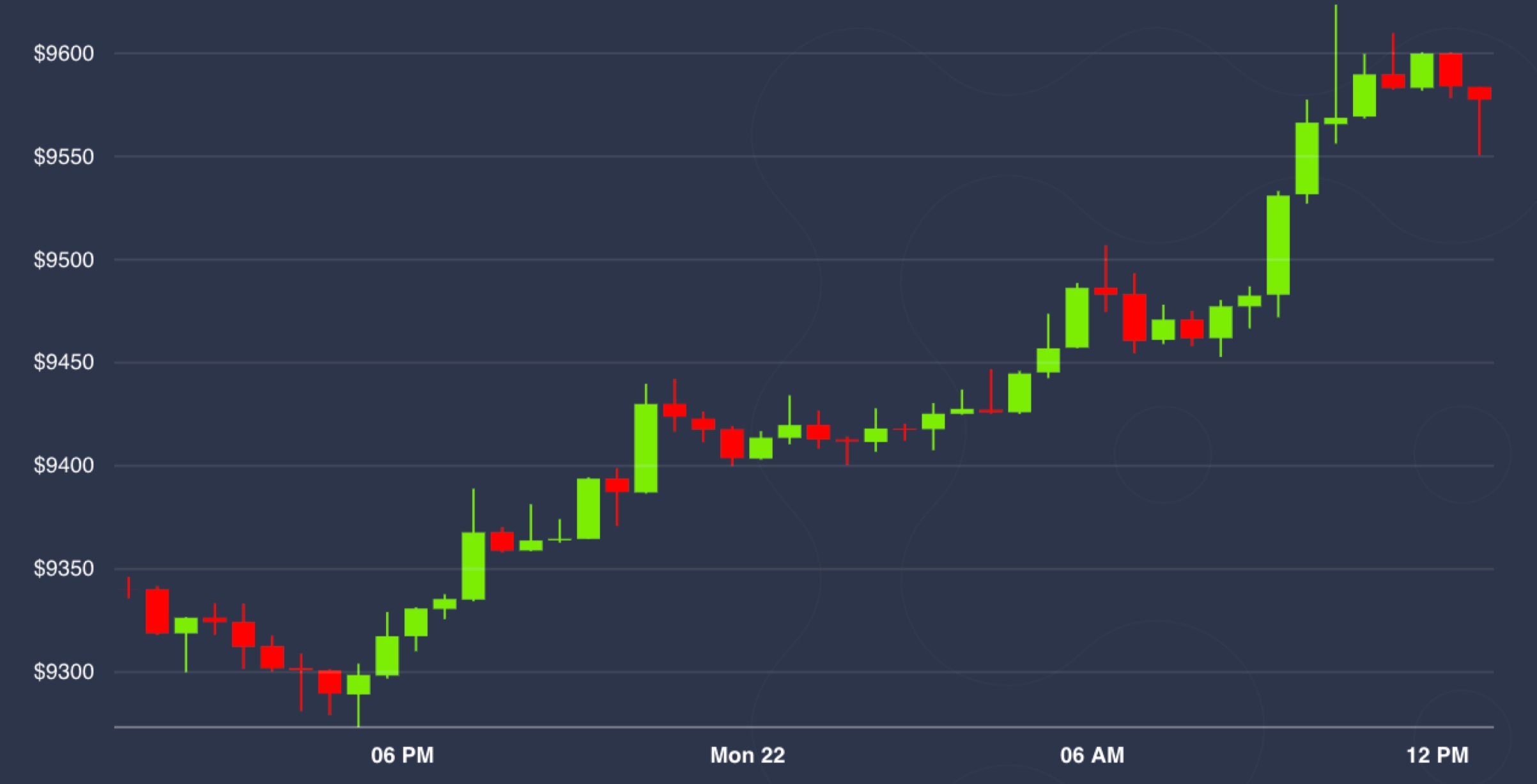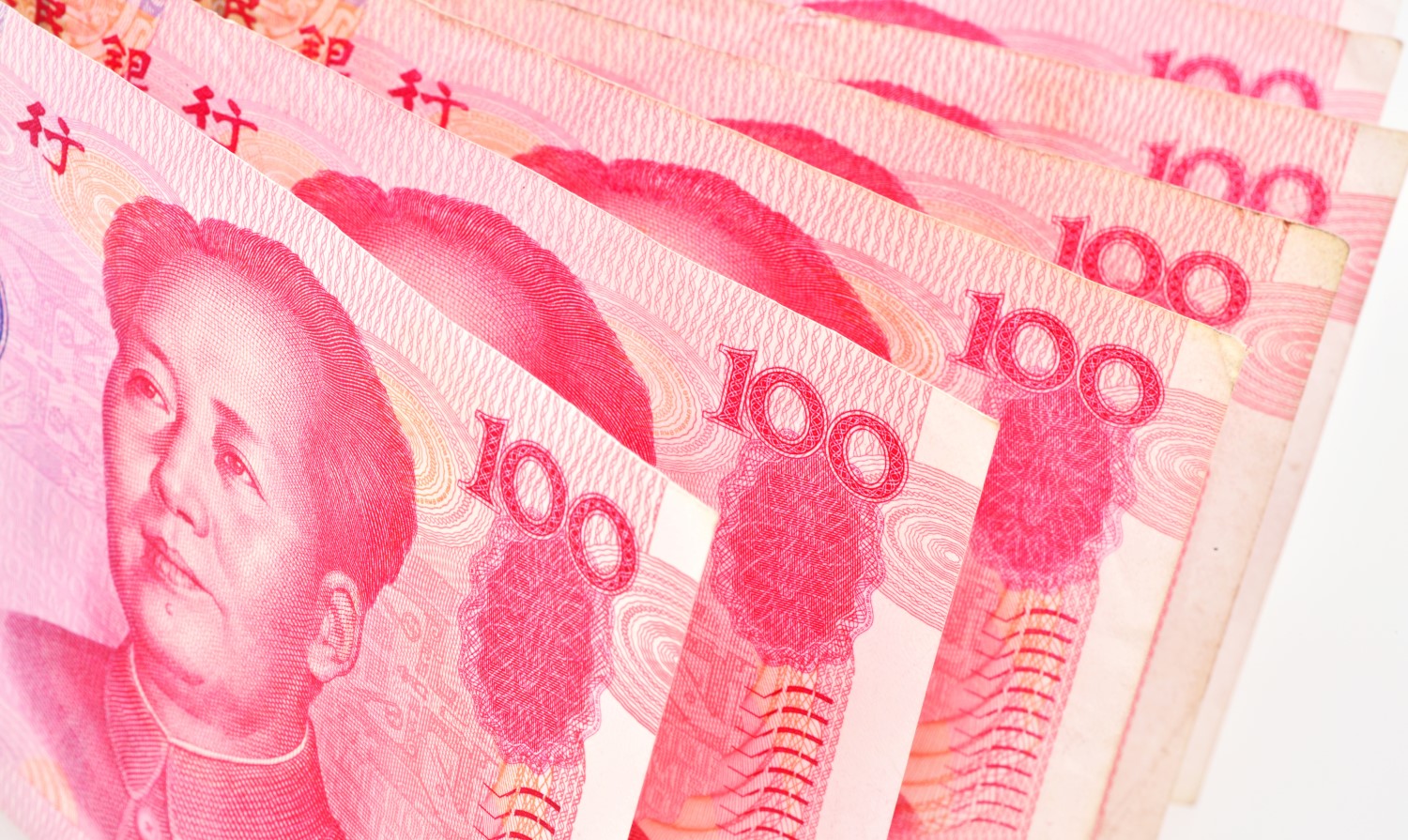Tether Will Freeze Wallets Evading Venezuelan Sanctions
/arc-photo-coindesk/arc2-prod/public/LXF2COBSKBCNHNRE3WTK2BZ7GE.png)
-
A tether spokesperson said that it will freeze addresses linked to evading sanctions.
-
Reuters reported earlier this week that Venezuelan oil company PDVSA was using USDT via intermediaries to bypass U.S. sanctions.
-
Venezuela’s original crypto project, Petro, was shut down earlier this year.
Stablecoin issuer Tether has said it will freeze wallets that are using USDT to evade sanctions on oil exports in Venezuela.
The decision comes after Reuters reported that Venezuela’s state-run oil company PDVSA increased its use of tether after the U.S. reimposed sanctions on oil exports.
The firm froze 41 wallets tied to the U.S. Treasury Department’s Office of Foreign Assets Control (OFAC) Specially Designated Nationals (SDN) list in December.
“Tether respects the OFAC SDN list and is committed to working to ensure sanction addresses are frozen properly,” a Tether spokesperson told CoinDesk.
PDVSA’s use of USDT, which began last year, has accelerated following the U.S.’s decision to reimpose sanctions due to concerns over Venezuela’s upcoming election.
Venezuela began experimenting with cryptocurrencies in 2018, setting up a token called “petro” as it aimed to tackle economic instability spurred by U.S. sanctions. The token was shelved earlier this year following a lack of adoption.
Using cryptocurrencies allows PDVSA and its counterparties to avoid transacting in cash that could be seized by the U.S. in foreign bank accounts. Reuters reports that PDVSA uses intermediaries when transacting in tether to make transfers harder to track.
OFAC is privy to the use of crypto, having increased its clamp down on the industry over the past year, fining crypto exchange CoinList $1.2 million for aiding Russian users evade sanctions in December after imposing sanctions on a crypto mixer that was allegedly used by hackers in North Korea.
In October last year, Tether froze 32 crypto addresses tied to terrorism and warfare in Israel and Ukraine. One year earlier, however, Tether took a stance against freezing wallets tied to sanctioned coin mixing service Tornado Cash.
Edited by Parikshit Mishra.









